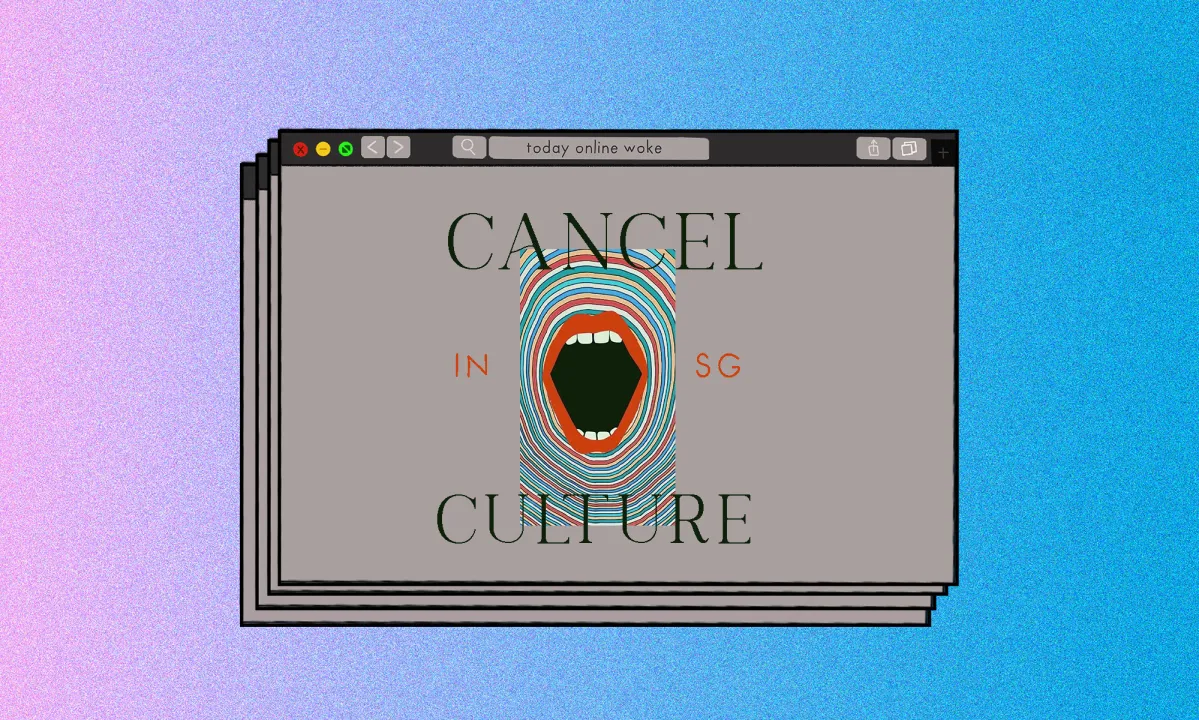
Is Cancel Culture Going Too Far? A Deep Dive
Josh Shear – In recent years, cancel culture has emerged as a powerful force in shaping public discourse. What began as a movement to hold individuals accountable for their actions has evolved into a phenomenon that raises critical questions about justice, freedom of expression, and societal norms. Is cancel culture going too far? This article delves into the complexities of culture, examining its effects on individuals and society, and exploring whether it has overstepped its bounds.
Cancel culture refers to the practice of withdrawing support from public figures or companies after they have done or said something considered objectionable or offensive. Initially, it served as a tool for marginalized groups to demand accountability and challenge power structures. Social media platforms amplified this movement, allowing collective voices to mobilize quickly and effectively.
However, as cancel culture gained traction, concerns began to surface. Critics argue that it often lacks due process, with individuals facing public shaming and professional repercussions without a fair opportunity to defend themselves. This has led to debates about the balance between holding people accountable and preserving the principles of justice.
One of the most significant criticisms of cancel culture is its potential to suppress free speech. The fear of being “canceled” can lead individuals to self-censor, avoiding controversial topics or expressing dissenting opinions. This chilling effect undermines open dialogue and the exchange of ideas, which are essential components of a healthy democracy.
Studies have shown that a substantial number of people avoid sharing their views online due to concerns about backlash. This trend is particularly evident in academic and professional settings, where individuals may hesitate to engage in discussions for fear of jeopardizing their careers.
The psychological toll of cancel culture is profound. Individuals targeted by online mobs often experience anxiety, depression, and social isolation. The public nature of the shaming process can exacerbate these feelings, leading to long-term emotional distress.
Moreover, the lack of empathy and understanding in online interactions can contribute to a toxic environment. Instead of fostering constructive conversations, cancel culture can devolve into personal attacks, further harming the mental well-being of those involved.
Cancel culture can sometimes resemble a modern-day witch hunt, where individuals are judged and condemned based on limited information or misinterpretations. The rapid spread of information on social media can amplify rumors and lead to disproportionate responses.
This mob mentality often overlooks the complexities of human behavior and the possibility of growth and redemption. People are more than their worst mistakes, and a punitive approach may hinder personal development and societal progress.
Rather than resorting to cancel culture, experts advocate for approaches that promote accountability while encouraging growth and understanding. These include:
Open Dialogue: Engaging in respectful conversations to address misunderstandings and differing viewpoints.
Education: Providing resources and opportunities for individuals to learn from their mistakes and make amends.
Restorative Justice: Focusing on healing and rehabilitation rather than punishment.
By adopting these strategies, society can hold individuals accountable without sacrificing the values of empathy and fairness.
Cancel culture, in its current form, presents significant challenges to the principles of justice, free speech, and mental well-being. While the intent behind it may be to promote accountability, the methods employed can often lead to unintended harm. As we navigate this complex issue, it is crucial to seek balanced approaches that uphold the dignity and rights of all individuals, fostering a society that values both accountability and compassion.
This website uses cookies.